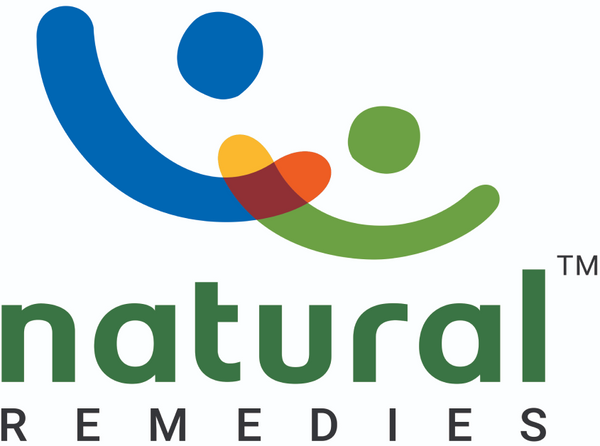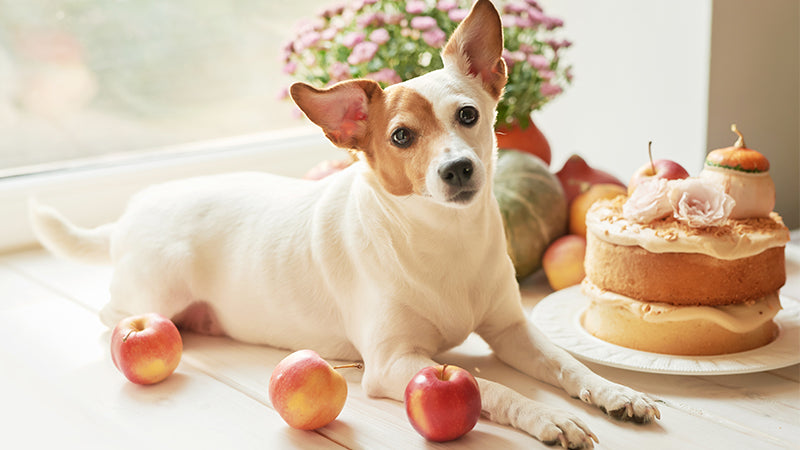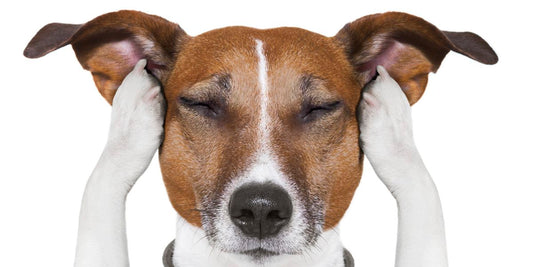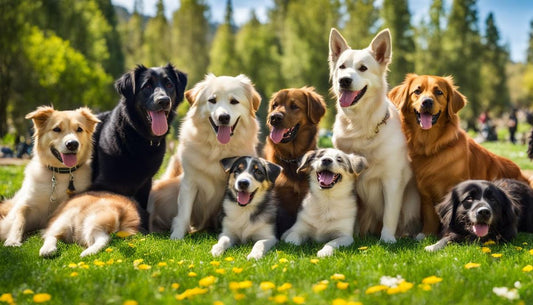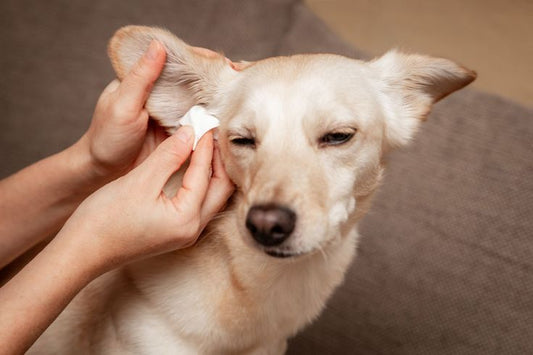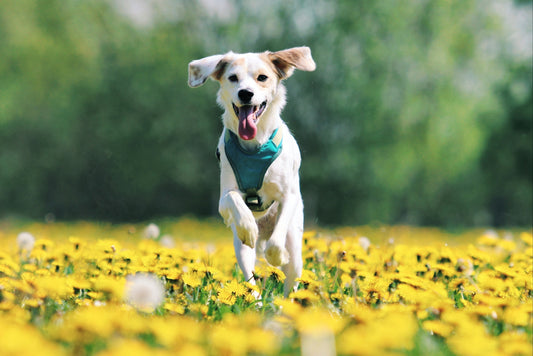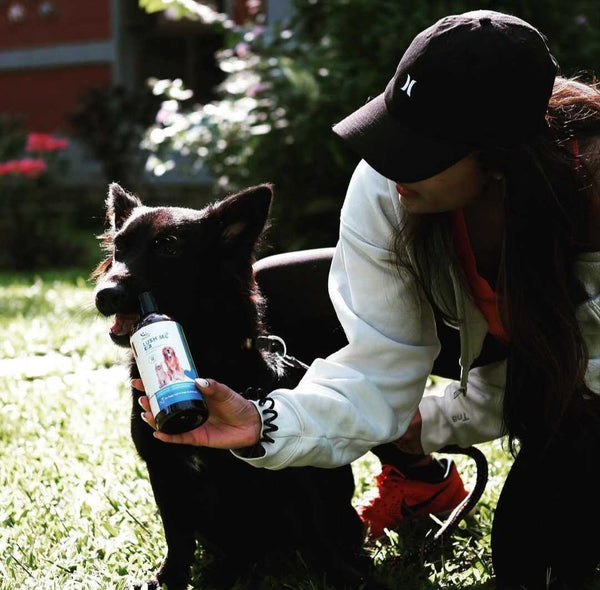
Some foods that are considered good for people can be very hazardous for pets. The list below highlights some of the most common foods that can be toxic to your pets.
This is not a comprehensive list, and any decision to provide your pet with food not specifically purposive for them, should be discussed with your veterinarian or pet nutritionist. For more information on foods that could be unsafe for pets, read along!
1). Chocolate and Xylitol:

A minute amount of chocolate will probably only give your dog an upset stomach with vomiting or diarrhoea. With enormous amounts, theobromine can produce muscle tremors, seizures, an irregular heartbeat, internal bleeding or a heart attack. The inception of theobromine poisoning is usually marked by severe hyperactivity.
Xylitol is a natural sugar alcohol that is progressively found in 'sugar free' or 'naturally sweetened' products. Xylitol is safe for you but can be lethal for your dog! It is much more baneful than dark chocolate for dogs. It can quickly drop your dog's blood sugar and can cause liver failure.
2). Fruit seeds:

Tempting as it is to throw your dog an apple core, the pips, seeds and stones from fruits such as apples, cherries, plums, peaches etc. contain cyanide and can be exceedingly negative to your dog and even prove fatal.
3). Raw eggs and meat:

Dogs should never eat raw or undercooked eggs or meat. They aren't safe at all. They can be a source of Salmonella. Even very clean eggs can have it inside and could give your dog a good dose of disease. Raw meat is also likely to contain harmful bacteria like Salmonella, Listeria, E. coli and more. Cooking meat to a safe temperature is recommended in order to kill off those harmful bacteria. In addition to that, anytime we add foods to their diet, we run the risk of modifying the nutrient balance in their total diet for the day.
4). Milk and dairy products:

Without the abundance of the enzyme lactase that breaks down sugars in milk, adult dogs can have a more difficult time digesting it. Moreover, whole fat milk or other dairy products may contain too much fat and can also lead to diarrhoea and vomiting too.
5). Nuts:

Even though not all nuts are toxic for dogs, prolonged consumption of nuts can lead to canine obesity and serious health issues such as pancreatitis. High in fat content and often sodium and phosphorus as well, nuts should not be a consistent part of your dog's diet.
6). Salt:
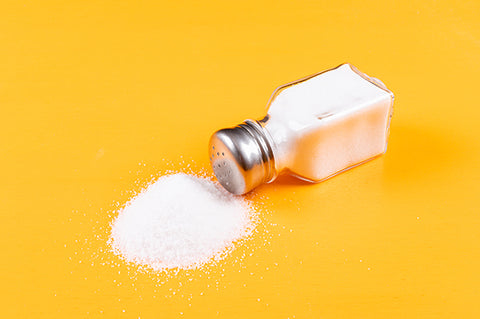
Eating too much salt can make your dog seriously thirsty. It could also lead to sodium ion poisoning. Indicators of too much salt include vomiting, diarrhoea, depression, tremors, high temperature, and seizures. It may even cause death.
If your dog has consumed amounts of these items, it can lead to digestive disorder, so always act immediately and take your dog to the vets.
